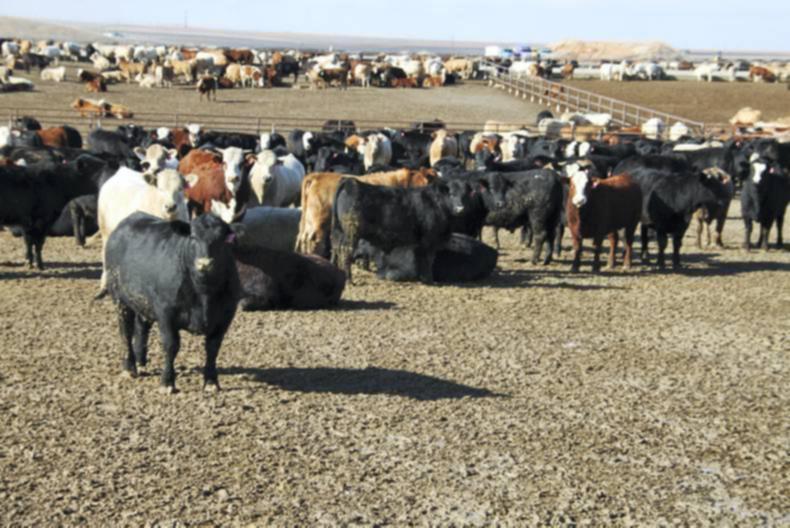How does the Farm Bureau operate and how is it funded?
The Farm Bureau has 85 full-time staff, of which 16 are registered lobbyists and four are full-time economists. We are the general farm organisation and conservative in nature. Probably 92% or 93% of what we operate from is dues (membership fees).
If you join Farm Bureau you will join your county Farm Bureau branch and those dues vary all over the country. There 2,800 county Farm Bureaus and they are organised through their state.
For example, whether its $20 or $100 to join your Farm Bureau, $4 from that will come to Farm Bureau’s Washington office and that’s what we operate our central organisation from. We also have some small investments that generate a return.
What will agricultural policy look like under President Trump?
We’re feeling blessed with the appointment of Sonny Perdue as US Agriculture Secretary. He’s a veterinarian by training that has also built his own enterprise in the grain business so we’re pretty confident that he’s a man who understands the business of agriculture.
Congress will make clear to Perdue’s team that it writes the Farm Bill and that process will be going on right now, even as Sonny Perdue is still putting his team in place.
How concerned are US farmers about President Trump’s trade policy?
We’ve got concerns that President Trump has done a pretty good job of letting the Mexican people know what he thinks of them and that’s not good for customer and business relations. Canada is another big trading partner for US agriculture and right now Canada’s watching with concern and interest on where we’re headed with a potential renegotiation of the NAFTA trade deal.
Is immigration reform a concern for US farmers?
Immigration reform is another big issue for farmers here. We look at immigration reform and we’re supportive of the issues around border security and how to deal with those who are in the US illegally or undocumented. But we also have a big, big problem with agricultural labour.
We don’t have near enough labour in the agricultural sector and domestic help does not want to work on farms and ranches.
We estimate we need at least half a million workers if all the undocumented went out of the agricultural production system. Immigrant labour is incredibly important to our fruit and vegetable producers and increasingly important to our livestock producers.
When will negotiations begin on the next Farm Bill?
The new Farm Bill comes due in October 2018 so we’ve got a couple of years to get it done. It seems like a long time but the last Farm Bill took almost three and a half years to get that bill across the line.
The challenge is that we have a lot of self-appointed armchair farmers up on the hill who think they know better than the agricultural committees on how to write farm policy. But really all they know how to do is cause trouble.









SHARING OPTIONS